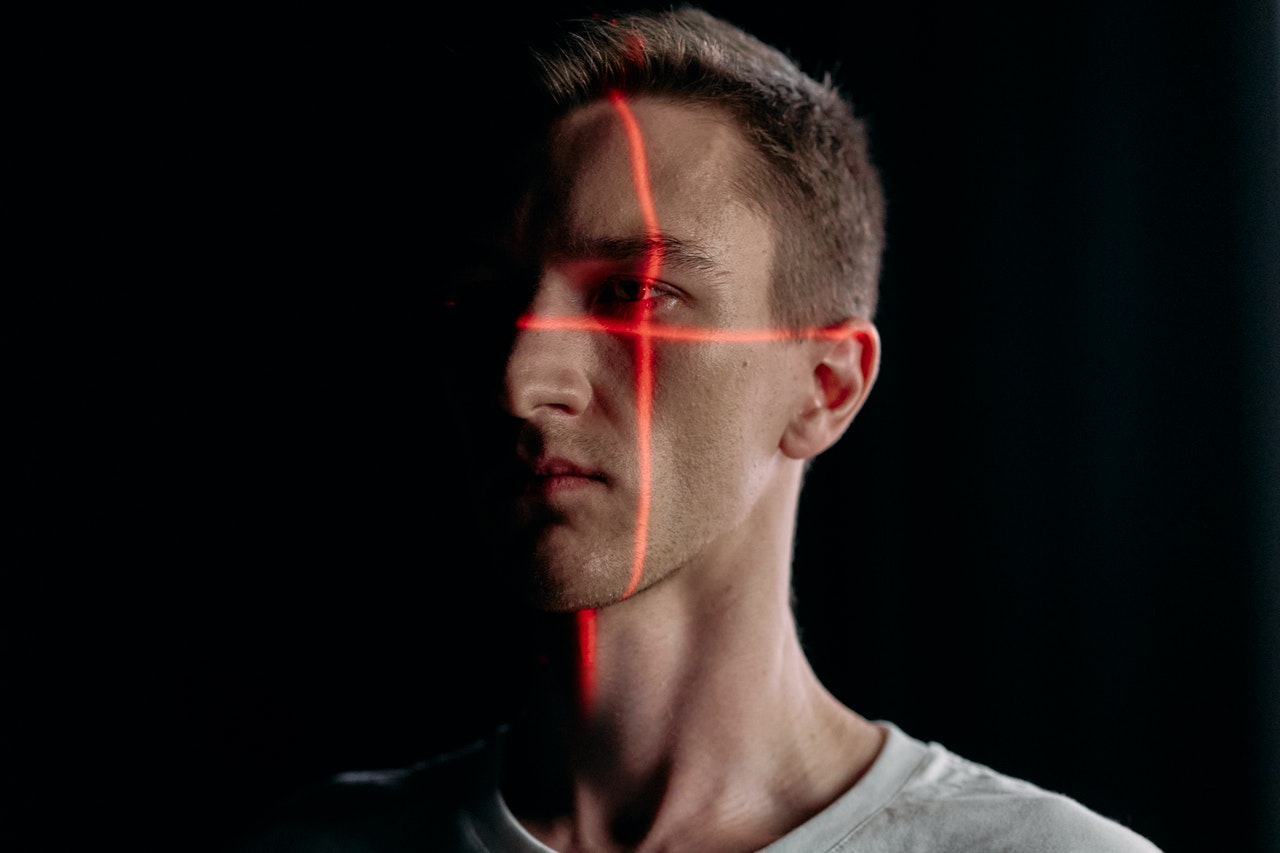Facial recognition in public places should be banned. The Dutch Data Protection Authority (AP) reports this on Monday based on the European Data Protection Board (EDPB).
The EDPB consists of the privacy regulators of all EU countries. Together with the European regulator EDPS, they responded to a legislative proposal from the European Commission on artificial intelligence (AI). It states that governments may use these types of techniques to prevent and combat crime, for example.
However, the EDPB and EDPS believe that the risks of facial recognition are too great to allow this technique in public spaces. This also applies to comparable techniques, such as voice recognition and motion recognition.
“A camera with facial recognition not only sees what you are doing, but it also identifies you immediately. It immediately sees who you are,” says Aleid Wolfsen, chairman of the Dutch Data Protection Authority (AP) and vice-chairman of the EDPB.
In addition, the regulators are calling for a ban on AI systems that divide people into groups based on ethnicity, gender, sexuality or political preference. This would lead to discrimination. They also want a ban on systems that recognize emotions.
The regulators believe that the European Commission should amend the bill. According to them, many rules were not described clearly enough. The law must also be more in line with the General Data Protection Regulation (GDPR).

